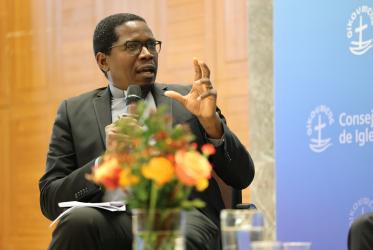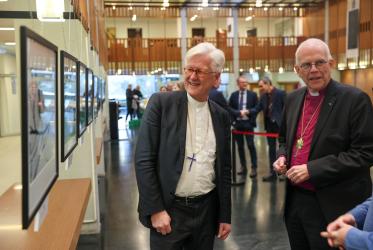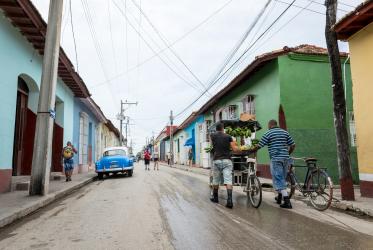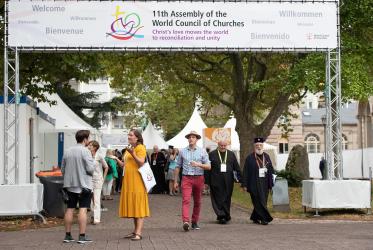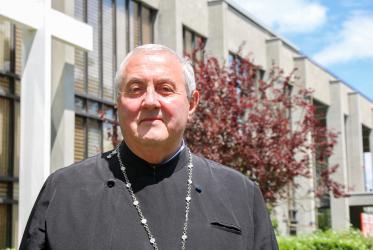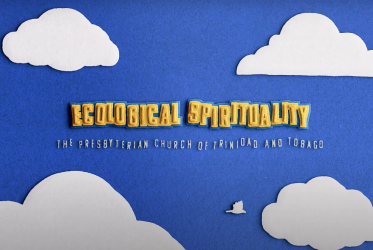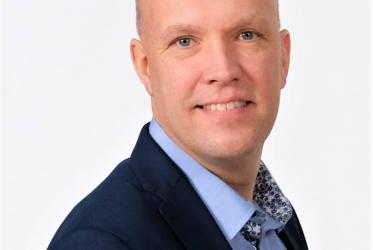Displaying 1 - 20 of 20
07 February 2024
“Every Picture Tells A Story” photo exhibit opens
30 November 2023
Ecumenism in the Philippines means hope and resilience
22 August 2023
Uppsala 1968: The times, they were a’changing
06 September 2022
WCC shares greetings with Jamaica Baptist Union
24 February 2022
Caribbean churches make clarion call for reconciliation
21 February 2022
In pictures: Week of Prayer for Christian Unity
01 February 2021
Driven by God’s grace and a sense of duty
05 November 2020
Christian unity strengthens between Sweden, Malta
23 January 2020
